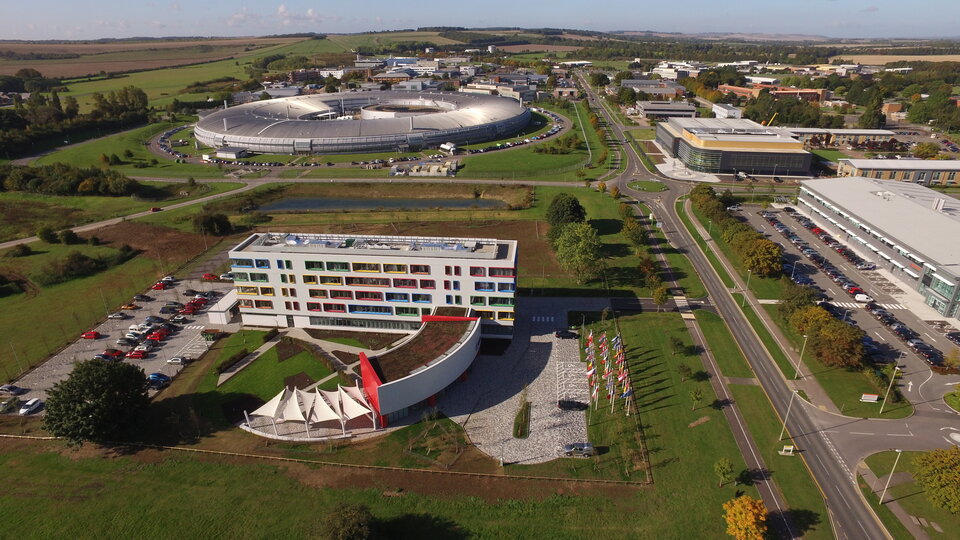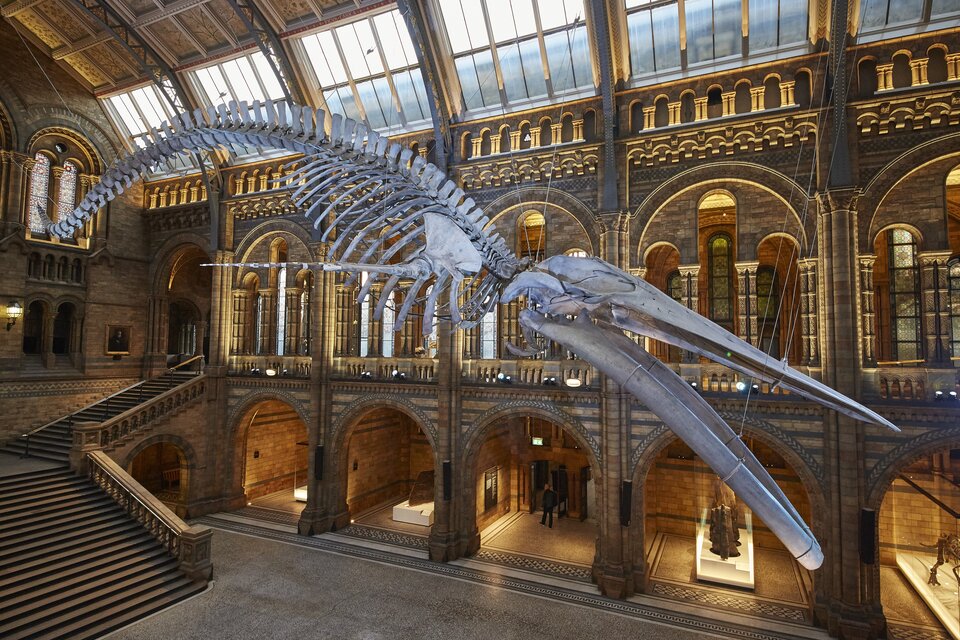Natural History Museum to open Harwell science centre
A science and digitalisation centre will be built next to ESA in the UK following the British government’s decision to invest £180 million in modernising the Natural History Museum.
The funding was announced by Rishi Sunak, the chancellor of the exchequer.
The museum plans to create a world-class research centre that will strengthen the UK’s position in tackling global challenges including climate change, resource scarcity, biodiversity loss and emerging diseases.
Open to scientists and researchers from around the world, the facility will accommodate laboratories, digitisation suites, technology-enabled collaborative research spaces, computing, conservation laboratories and workspaces for digital scholarship. It will also be used to house many of the museum’s collections.

Magali Vaissiere, head of ESA’s facility at Harwell, says: “We warmly welcome the Natural History Museum to Harwell, one of Europe's most concentrated space clusters. The ESA workforce based here work on topics ranging from climate change to lunar geology to telecommunications, helping to care for the planet, explore the universe and boost the European economy. We look forward to exploring how we can all work together.”

Angus Horner, Partner and Director at Harwell Science and Innovation Campus, says: “Locating this new centre at Harwell Campus will place the Natural History Museum inside a world-leading science and innovation community, extending the museum’s globally significant research for the greater good of the planet and mankind.”
Sir Michael Dixon, Director of the Natural History Museum, says: “This very welcome investment will maintain the museum’s position as a global leader of natural sciences research and create a pioneering facility which will prove invaluable in the worldwide effort to find solutions to the planetary emergency.
“Enabling major international scientific collaboration, this new facility will generate big data and the application of cutting-edge analysis of the world’s most significant natural history collection.
“The centre will allow our 300 scientists to further their research into the biggest challenges facing the planet and humanity – from global and national biodiversity loss and sustainable land use to food security, disease transmission and ensuring we have the right natural resources available for transition to a zero-carbon economy.”


